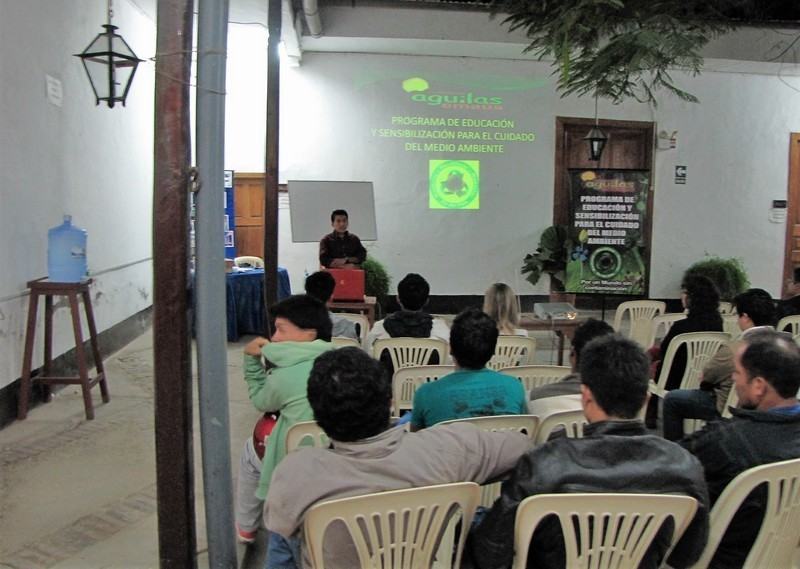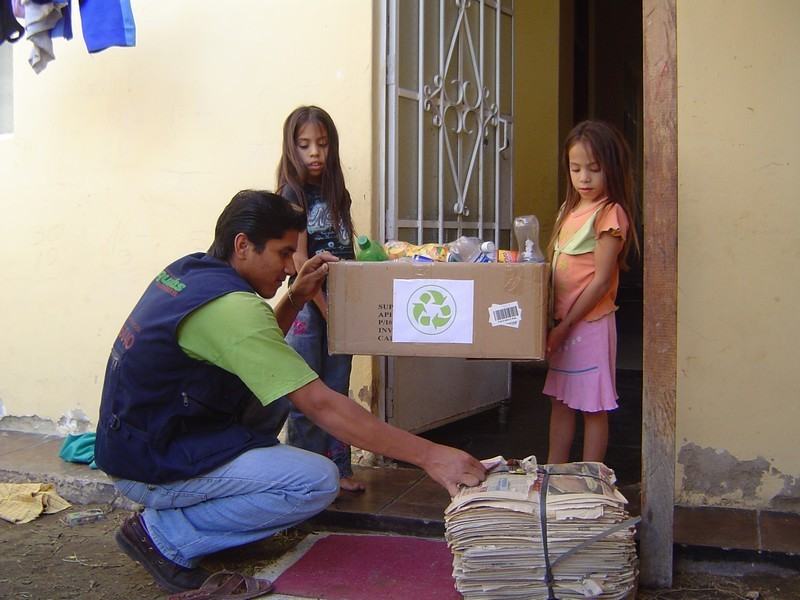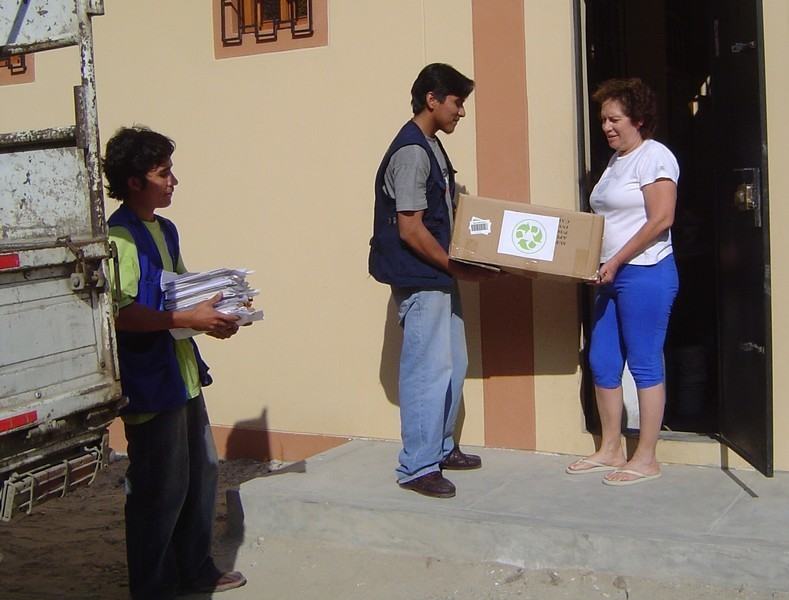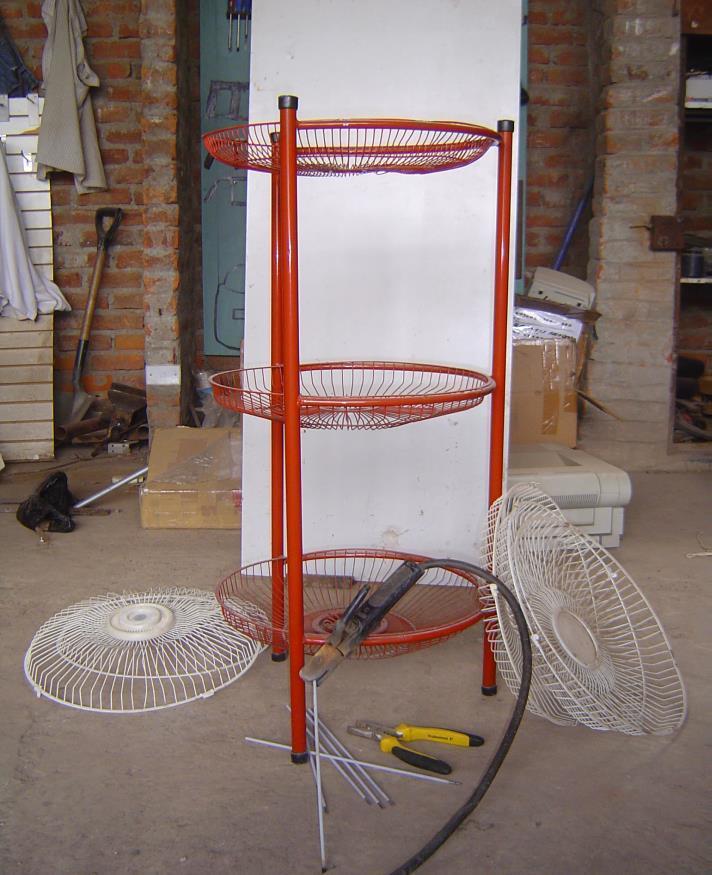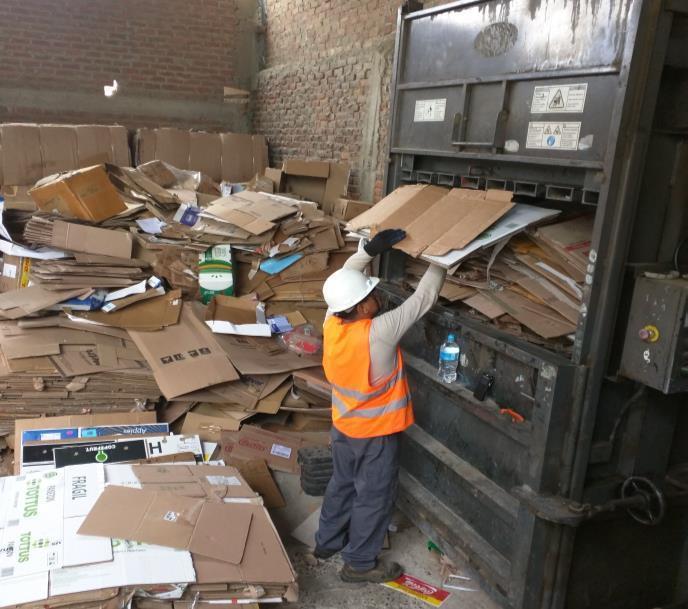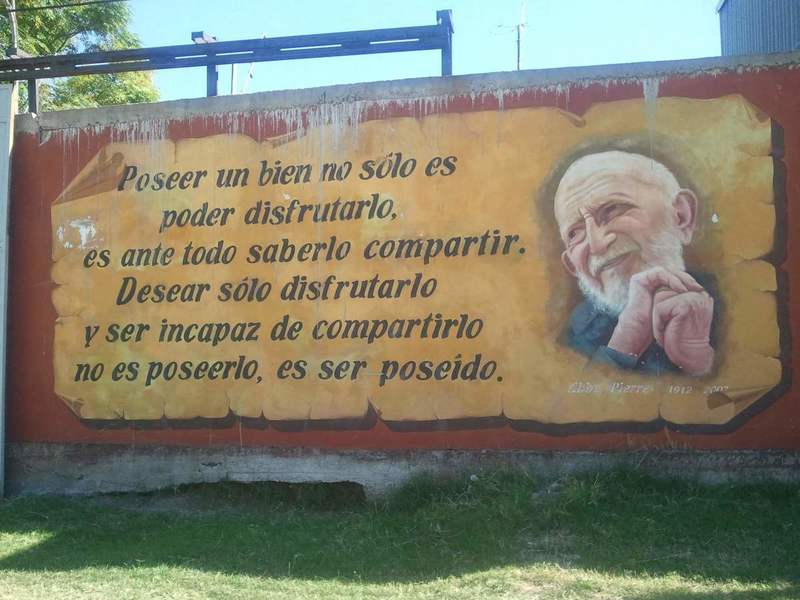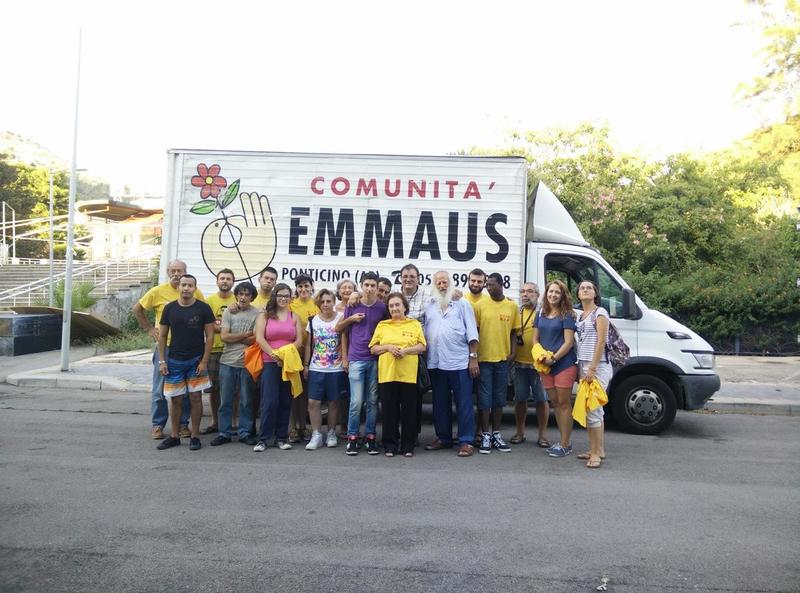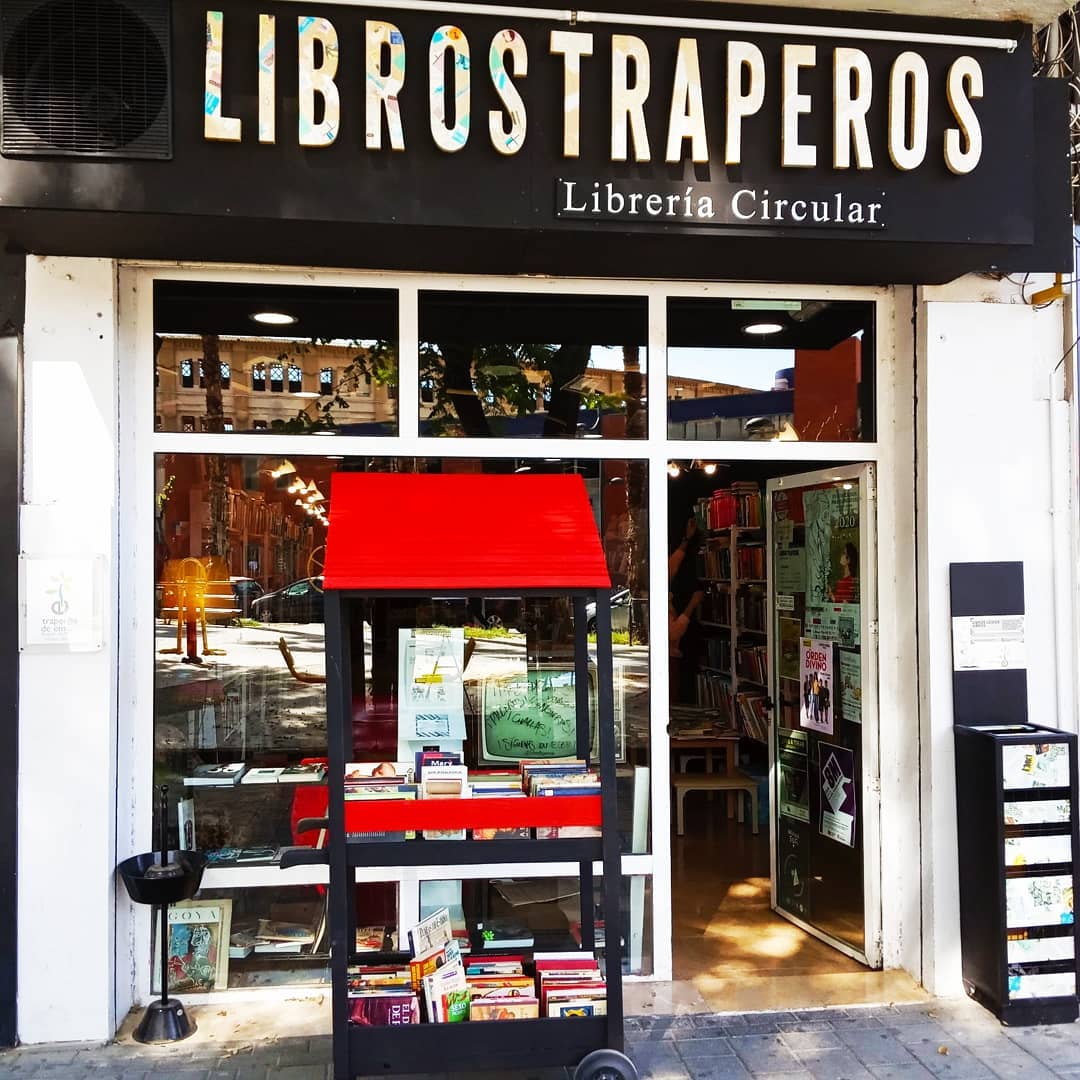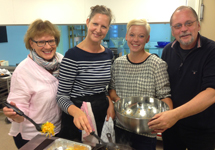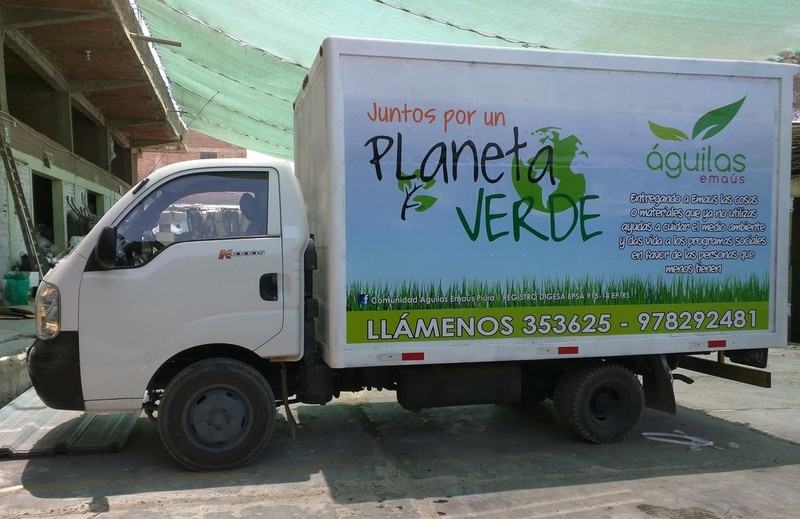
Piura – Peru
MANAGEMENT OF SOLID URBAN WASTE TO PRESERVE THE ENVIRONMENT
THE CONTEXT OF YOUR INITIATIVE
From the outset, our community’s main work has involved recycling, which is a priority for two reasons; fundamentally because it helps to preserve the environment and also because it is our way of generating income.
Our country as a whole, and above all the most populous regions, faces serious problems with waste treatment. Piura is the most populous region after the capital city of Lima, and the volume of waste generated has grown alongside the rise in number of inhabitants. This has now become a real problem for the local authorities and general public; it is exacerbated by the fact that people do not have a culture of caring for the environment.
Therefore, our community firmly believes that environmental education is key to gradually addressing our country’s waste problem. Moreover, recycling is a way of directly addressing this problem, because it enables this material, which would have been sent to informal landfills or burnt on the municipal dump, to be reincorporated into a life cycle or recuperated for different uses.
THE ACTIVITIES CARRIED OUT AS PART OF YOUR INITIATIVE
The ragpickers of Emaús Águilas Piura is a community that has been running for over 30 years, and since the beginning, recycling has been one of its main activities. Over time, we have improved our knowledge through diverse training courses relating to recycling and reuse, and in 2008 we became consultants in treating solid waste, obtaining certification as a service provider for the treatment of solid waste (an “EPS-RS”) from the environment ministry.
We carry out two main activities in this field:
– Educational and awareness raising talks about looking after the environment
We run these talks at schools, institutes, universities and companies with whom we have agreements to collect waste, such as cardboard, paper or any other form of waste that can be recycled or recuperated.
They are run throughout the year and are adapted to the audience, which can be primary school pupils or employees of a company. The provide an overview of our waste management activities at the national and regional level, as well as appropriate strategies to help tackle this problem.
Collection, transport and final disposal of waste
The environment ministry was set up several years ago, and ever since, it has introduced laws on waste management. This is how, after a great deal of work, our community was able to obtain the EPS-RS certification. With this certification, we are authorised to provide waste treatment services to any institution or company at the national level. Said service entails collecting recyclable material or items which could be used in our recuperation workshops.
WHO IS INVOLVED FROM OUR GROUP?
80% of the community is involved in this work:
– 10 companions who carry out the collection operations
– 2 companions who carry out administrative work, who maintain contacts and agreements with an array of companies or institutions
– 1 trainer who runs the talks on environmental education
– 1 companion tasked with the operations of sales and recycling
– 4 companions dedicated to selecting materials for recycling or recuperation
– 1 companion tasked with managing relations with the press
– 5 companions who work in the recuperation workshops
WHICH PARTNERS ARE YOU WORKING WITH ON THIS INITIATIVE?
Photos
FUTURE PROSPECTS
Fundamentally, we help to preserve the environment because we consider that people can learn about and consider the environment in all their daily activities.
We also manage to ensure that this recyclable material is not left on the streets like rubbish, or dumped in rivers or informal landfills, which end up being sources of contamination.
We have managed to create jobs for lots of companions, many of whom have undertaken training to obtain a professional driving licence.
This enabled us to grow as an institution and become recognised in society as environmental consultants.
In our solidarity bazaar we uphold fair trade practices because many families can come and buy second-hand goods at affordable prices – items which used to be waste.
This work enables us to generate income to sustain the community, which is on the way to becoming self-sufficient, and with the surplus we can contribute to social programmes which benefit low-income families.
WOULD YOU LIKE TO ADD ANY INFORMATION ABOUT YOUR INITIATIVE?
WHAT ARE YOUR PROSPECTS?
We are working to obtain certification to treat dangerous waste and waste from electrical and electronic equipment.
We are going to set up a fund to purchase a forklift and a specially equipped truck to transport dangerous waste.

